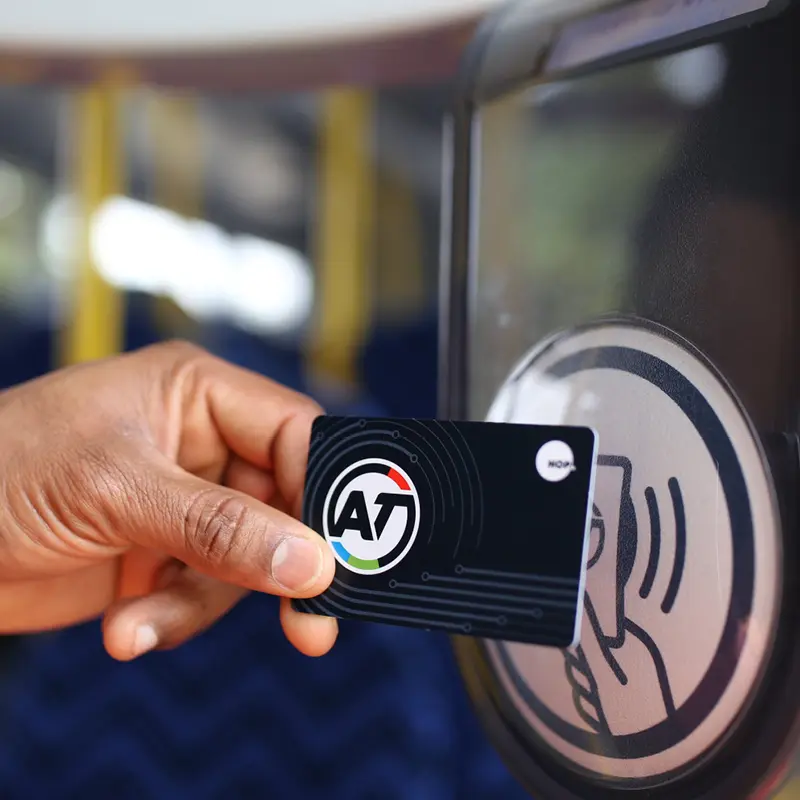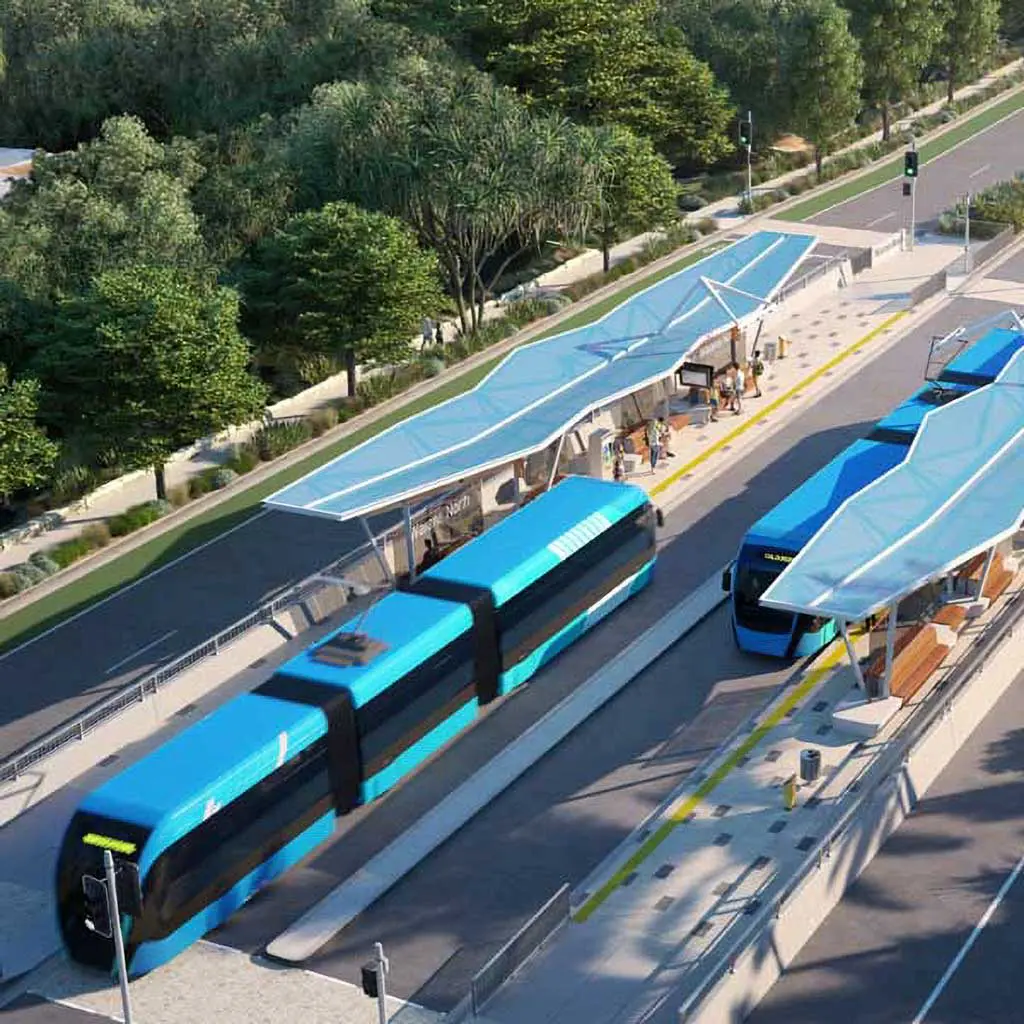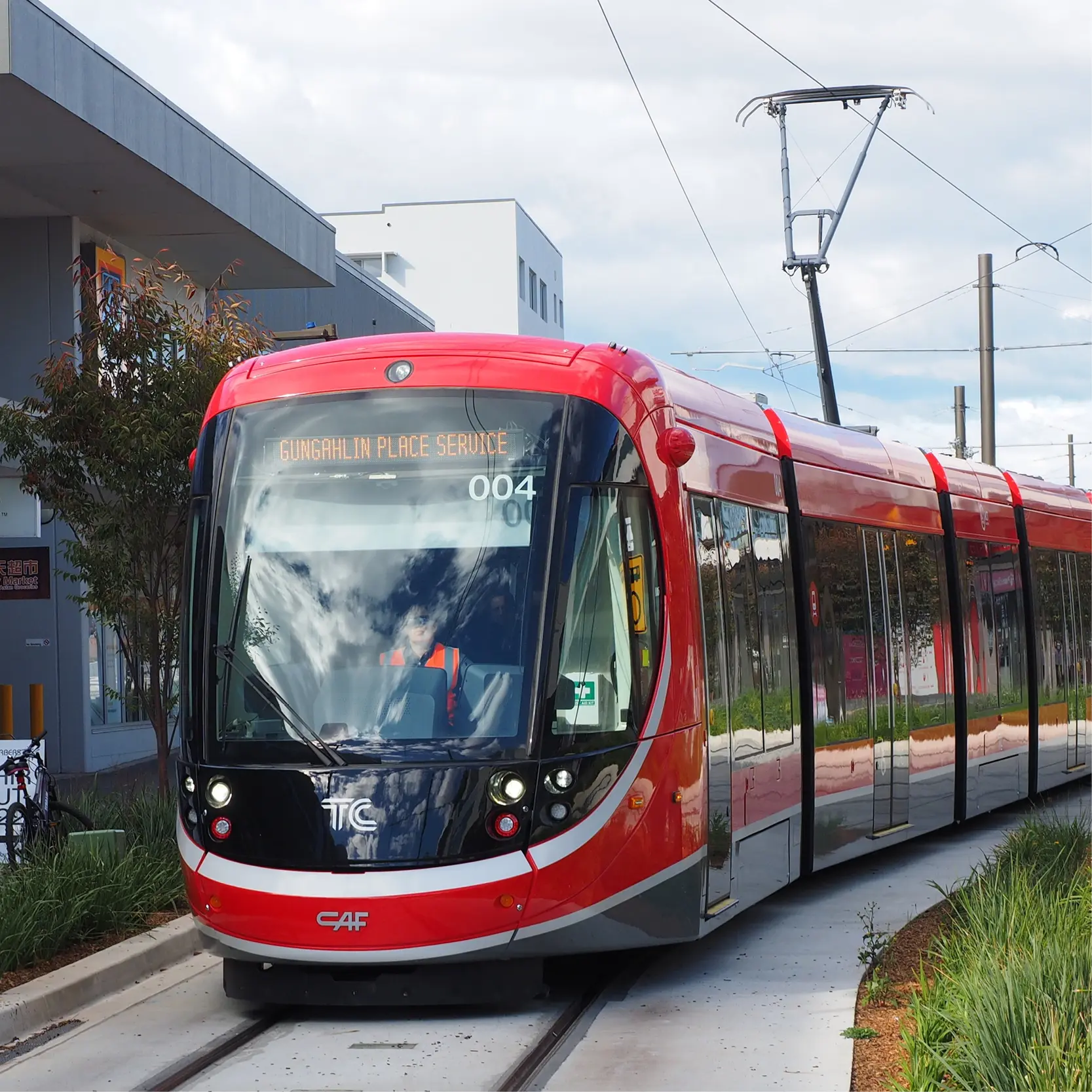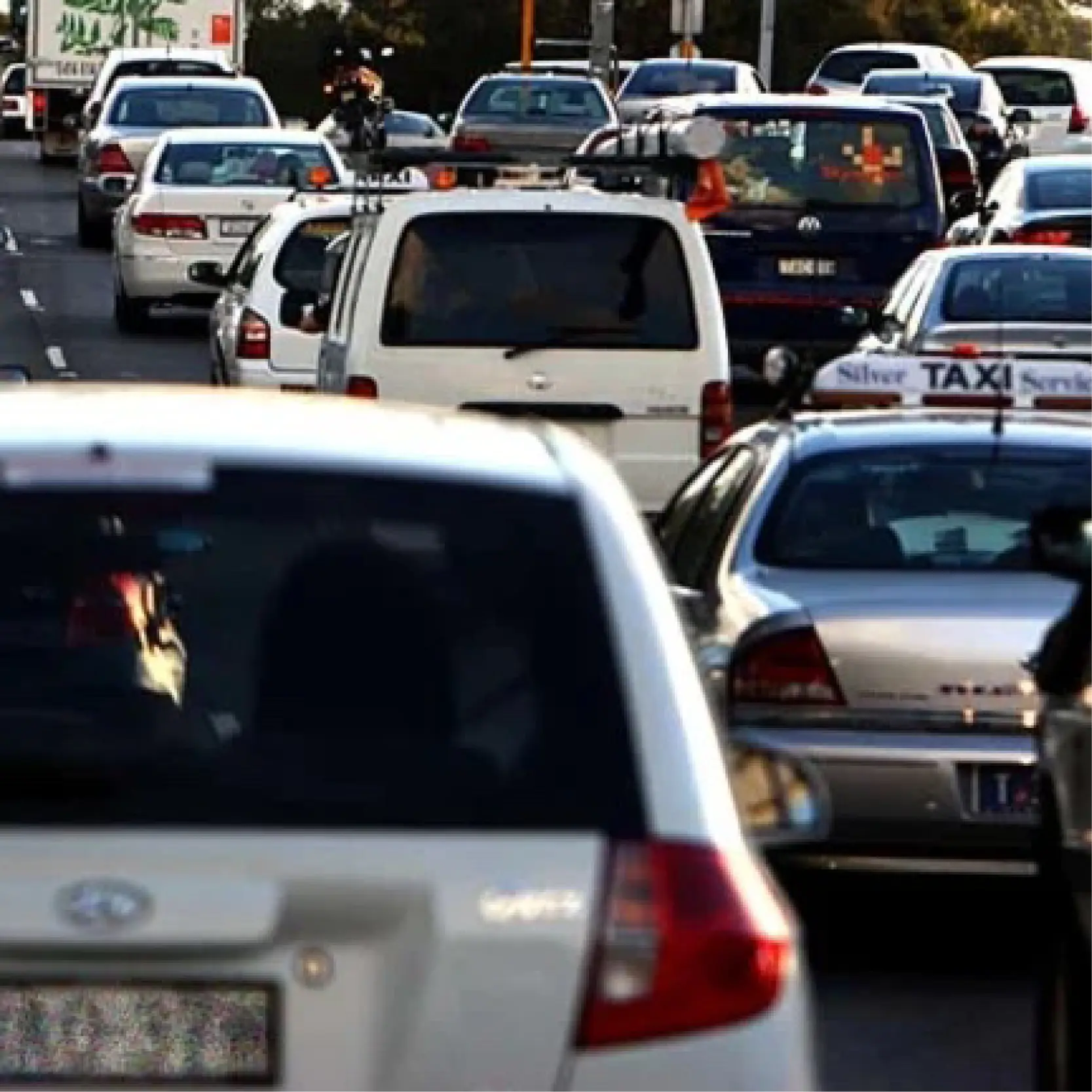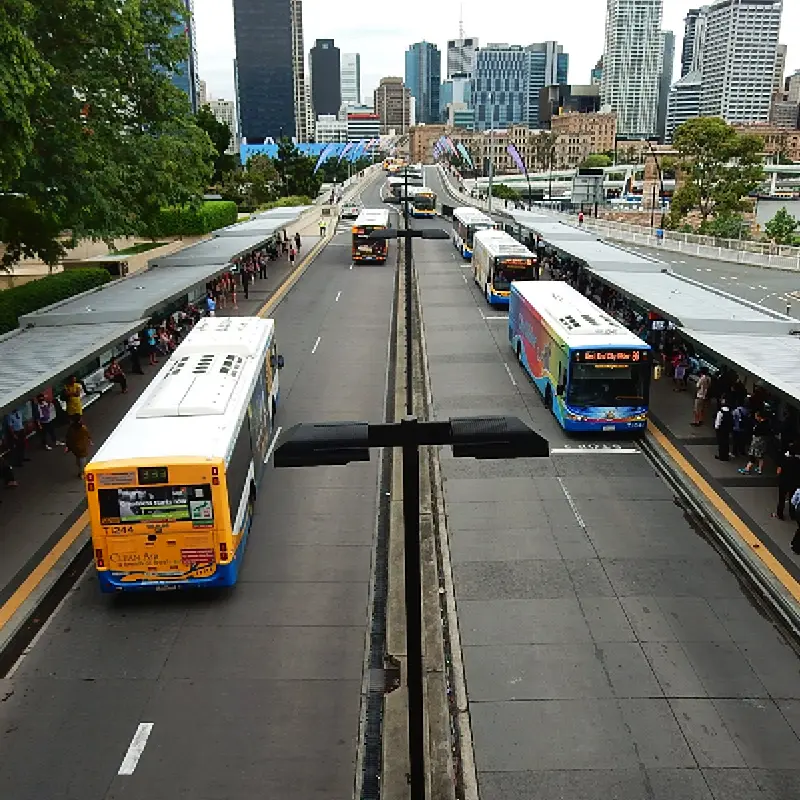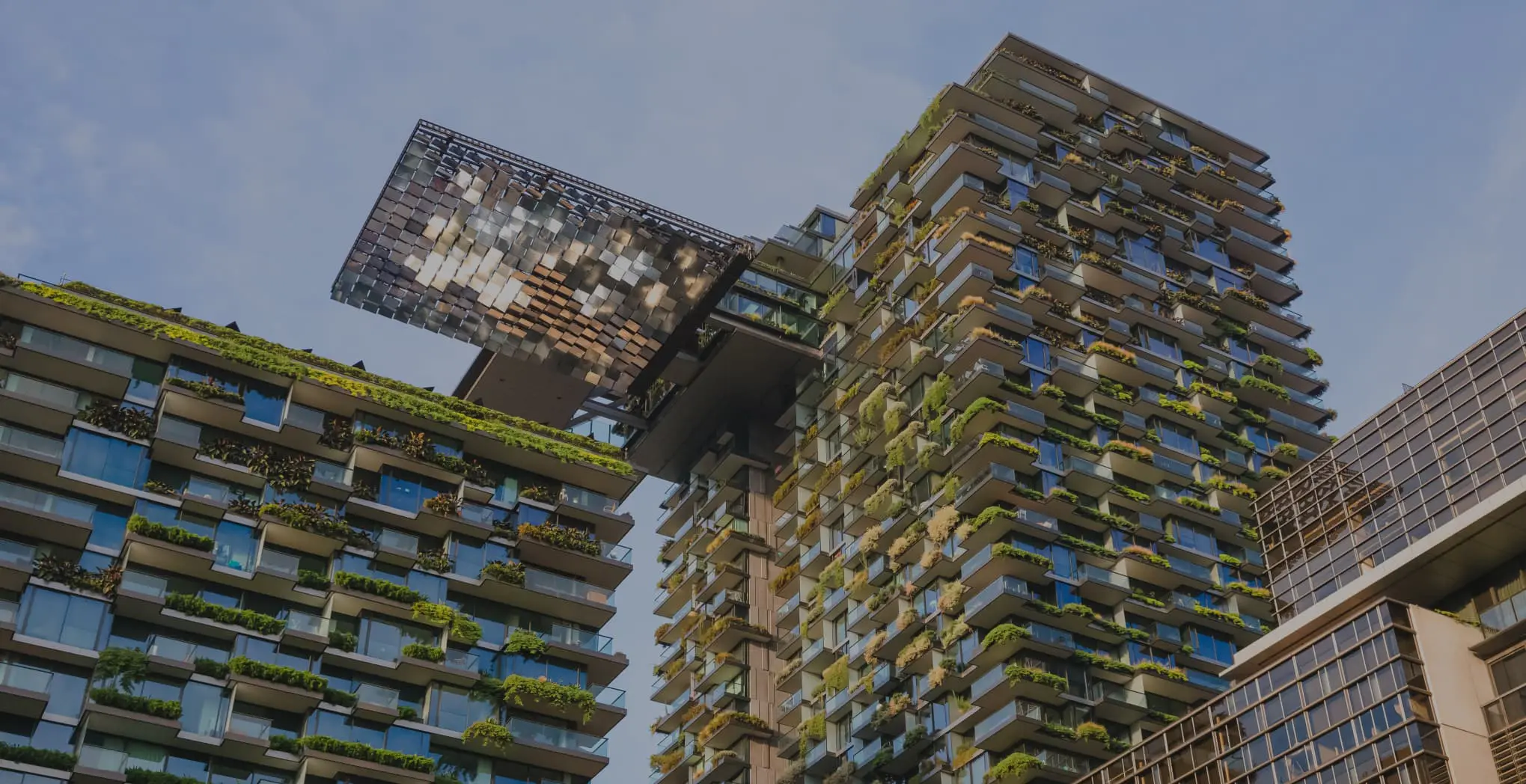
Sustainable Cities
Key team members
Our Sustainable Cities team helps our clients understand the effects that transport and land use policies have on the sustainability of their city, empowering them to make informed decisions that contribute to a more sustainable future.
We adopt a broad definition of sustainability that includes economic outcomes, social outcomes, environmental outcomes and beyond. Our recommendations to improve sustainability blend global insight with local input, adapting effective initiatives from around the world to the distinct needs of each community. In doing so, we seek to help individual cities and towns balance competing values and priorities, enabling them to make appropriate trade-offs while implementing successful changes at pace.
By working closely with our clients, our Sustainable Cities team aims to provide robust, evidence-based advice. We bring a multi-disciplinary perspective that combines VLC’s expertise in transport modelling, analytics, and planning, with complementary skills in urban economics and public policy. This multi-disciplinary perspective allows us to provide comprehensive advice on the merits of potential policy changes, while engaging seriously with complexity, uncertainty, risks, and unknowns.
Our team’s expertise can guide cities and towns to take a mission-led approach to their strategic outcomes, such as emission reductions and environmental resilience. By combining the knowledge of our Sustainable Cities team with VLC’s wider expertise, we can tackle challenges in a well-informed and open-eyed fashion that’s driven by ambition and underpinned by evidence.
Our expertise leaves us well-placed to grapple with questions like:
- What are the effects of transport policies on land use and vice versa? How do changes to policy settings affect accessibility, housing affordability, amenities and emissions?
- How can we reduce emissions while maintaining accessibility, especially for the most vulnerable members of society?
- What are the effects of monetary charges, such as congestion pricing, parking fees, and public transport fares, and how are these effects distributed across the population?
- How can cities develop multi-modal transport networks that are connected, accessible, and efficient? What is the role of private vehicles vis-à-vis public transit vis-à-vis active transport?
- What vehicle fleet and travel demand scenarios are compatible with emissions reduction targets, and what sorts of policies might we implement to get there?
- How can policies respond to the development and adoption of new transport technologies?
Our Sustainable Cities team is ready to help with:
 |
Transit: Urban and inter-city transit, for both public and private sector. |
|---|---|
 |
Economics: Appraisal and/or evaluation of fares, tolls, congestion pricing, and parking pricing. |
 |
Technology: Electrification of vehicles, travel substitutes including remote working, and car/bike share. |
 |
Policy: Transport, land use, parking, vehicles, emissions and more. |
 |
Active Modes: Walking, cycling, and micro-mobility devices. |
 |
Emissions: Global and local air quality. |
 |
Outreach: Engage with professionals, clients, and the community. |




